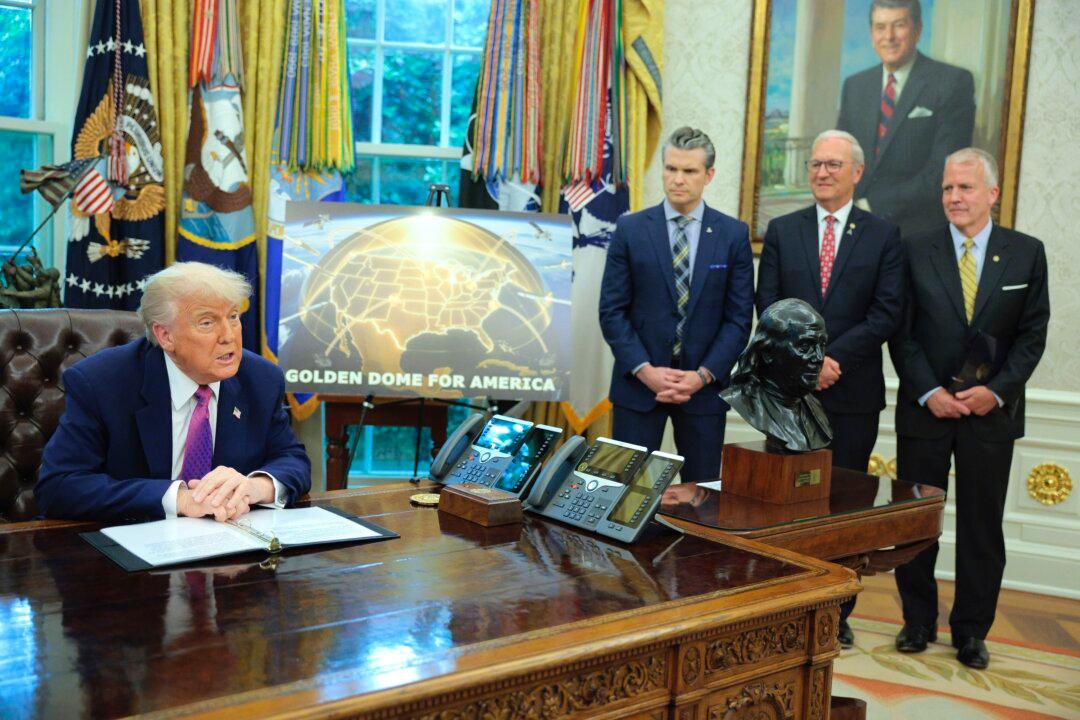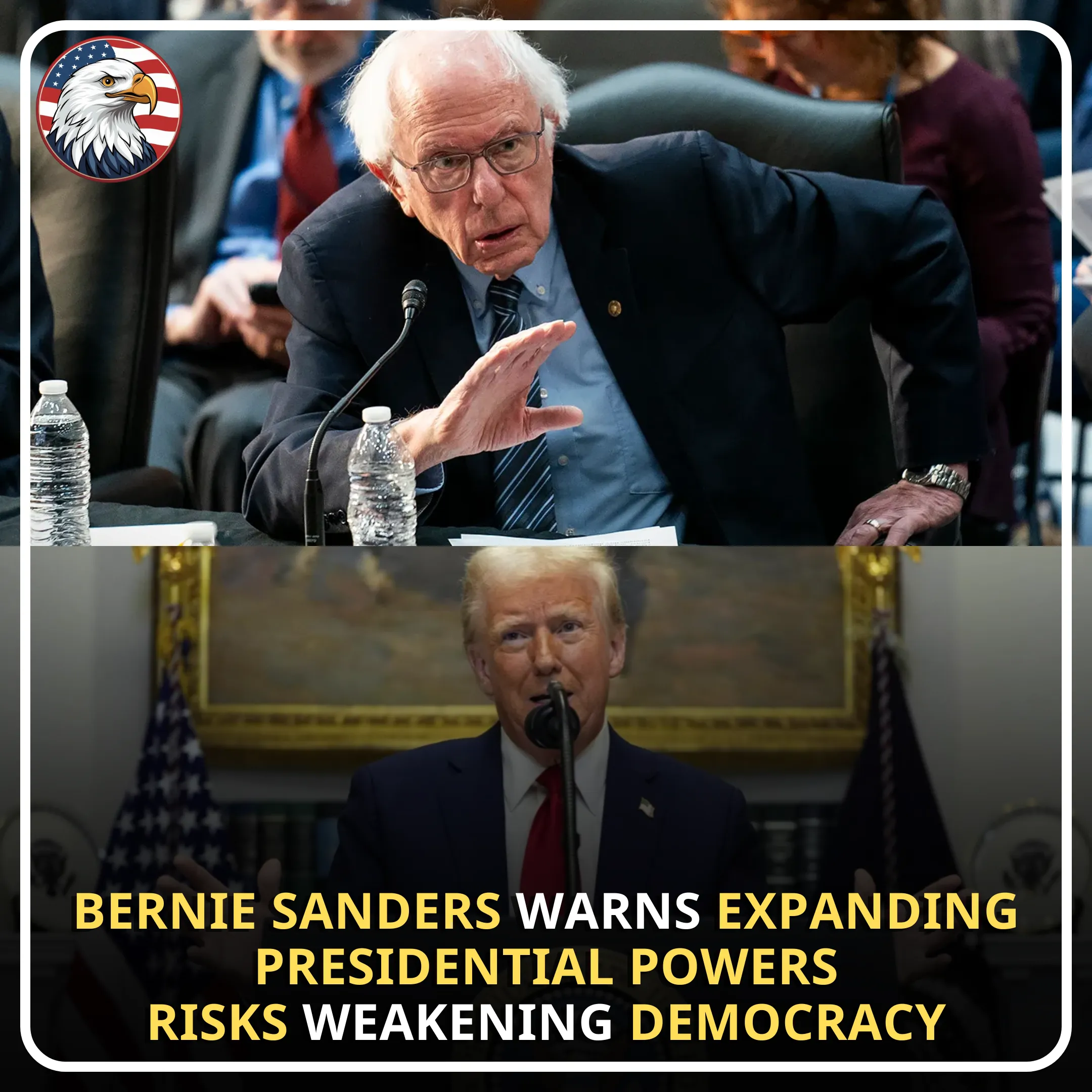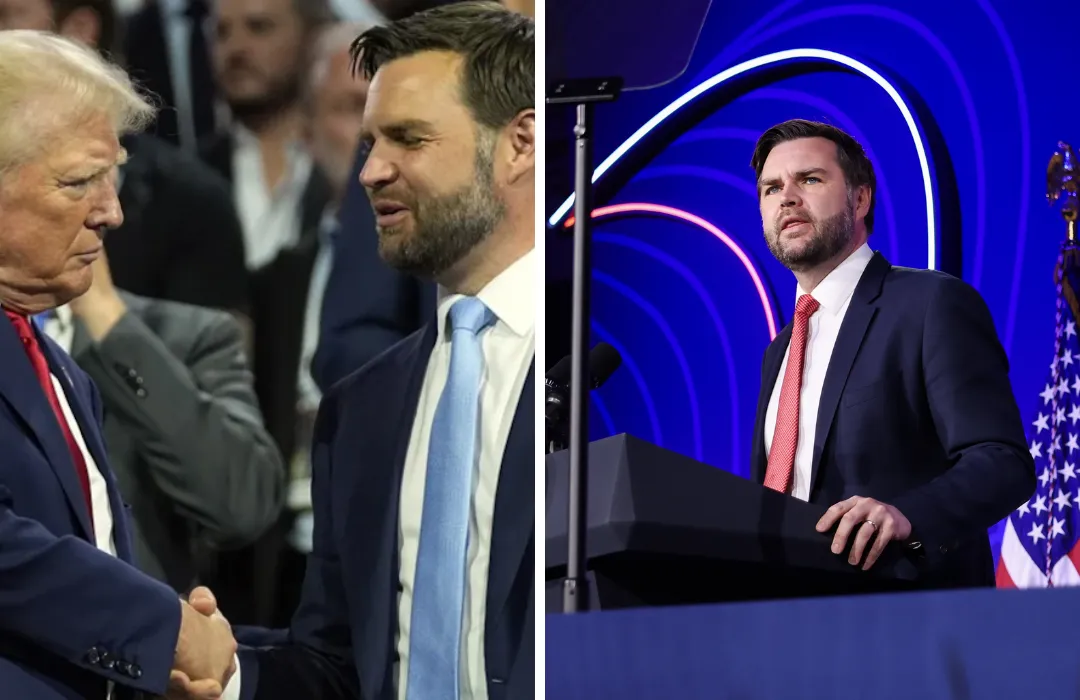
On Tuesday, President Donald Trump made a striking announcement on his social media platform Truth Social, revealing that Canada is “considering” his proposal to become the 51st state of the United States in exchange for free protection under the ambitious “Golden Dome” missile defense system.
Trump framed the offer as a clear choice for Canada: pay $61 billion to maintain its current independent status, or join the U.S. as a cherished state and enjoy full defense coverage at zero cost.
“I told Canada, which very much wants to be part of our fabulous Golden Dome System, that it will cost $61 Billion Dollars if they remain a separate, but unequal, Nation, but will cost ZERO DOLLARS if they become our cherished 51st State,” Trump posted.
He added, “They are considering the offer!” signaling a bold pitch for North American integration under the banner of defense and security.
This proposal stands as one of the most dramatic geopolitical overtures of the Trump administration, merging national security ambitions with an unprecedented political proposition.
The Golden Dome, recently selected as the official architecture for the United States’ next-generation missile defense system, promises a satellite network designed to detect, track, and potentially intercept ballistic missile threats before they reach North American soil.
The cost for this monumental defense infrastructure is estimated at $175 billion, with plans for it to be fully operational within three years. Canada’s official response to Trump’s latest remarks was notably muted as of Tuesday evening.
Prime Minister Mark Carney, who recently secured reelection, has repeatedly dismissed the notion of Canada joining the United States under any circumstances.

Carney’s firm stance has played a significant role in solidifying his political support, with many analysts viewing his election victory as a repudiation of Trump’s provocative proposal.
Yet, despite the official rejection, there are signs of ongoing diplomatic engagement between the two nations. Carney’s office confirmed “active discussions” regarding security cooperation, including programs like the Golden Dome, as reported by the BBC.
Audrey Champoux, a spokesperson for the Canadian Prime Minister, stated, “Canadians gave the prime minister a strong mandate to negotiate a comprehensive new security and economic relationship with the United States.”
Champoux further emphasized that the talks involve a wide array of initiatives, including strengthening the North American Aerospace Defense Command (NORAD) and related projects such as the Golden Dome system.
This suggests that while the idea of Canada becoming a U.S. state may be politically unpalatable, security cooperation is advancing in earnest, reflecting mutual interests in continental defense.
Trump’s framing of the offer is notable not only for its boldness but also for its sharp emphasis on cost and value. By presenting Canadian independence as a costly option compared to free defense coverage under U.S. statehood, Trump taps into economic and security anxieties that resonate with many voters in both countries.
The proposed Golden Dome system would create an unprecedented shield, integrating satellite technology and missile interception capabilities to protect the continent from emerging threats.
The proposal’s timing also carries strategic weight. With global tensions rising and missile threats evolving rapidly, the United States and Canada have renewed interest in bolstering joint defense capabilities.

Trump’s pitch attempts to elevate this security imperative to a political and territorial level, seeking to redefine the relationship between the neighboring countries in terms of unity and shared defense.
The idea of Canada as the 51st state, however, raises complex constitutional, political, and cultural questions. Canadian sovereignty remains a deeply entrenched value among its citizens and leaders.
The prospect of relinquishing national independence to join the United States—regardless of the security benefits—faces substantial hurdles in public opinion and political feasibility. Prime Minister Carney’s repeated rejections underscore these realities.
Nevertheless, the concept has stirred debate on both sides of the border. Supporters argue that the increasing interconnectedness of North American economies and security systems logically leads toward closer integration, if not outright political union.
Critics warn that such a move would undermine Canada’s unique identity, governance structures, and foreign policy autonomy.
Meanwhile, the Golden Dome defense system itself represents a transformative project for U.S. national security. Its ambitious scope includes deploying a constellation of satellites equipped with cutting-edge sensors to provide real-time missile detection across the hemisphere.
This early warning capability would enhance the effectiveness of missile interceptors, improving defense readiness against potential adversaries like Russia, China, and rogue states.
The integration of Canada into this defense grid would logically strengthen the system’s coverage and operational capacity. NORAD, a binational command established during the Cold War to monitor and defend North American airspace, would likely serve as a foundational component of the Golden Dome’s continental defense strategy.

The modernization and expansion of this alliance reflect a shared commitment to mutual defense and technological advancement.
Trump’s claim that Canada “very much wants to be part” of the Golden Dome system appears aimed at bolstering support for the project domestically while putting diplomatic pressure on Canadian officials.
While formal Canadian membership in the missile defense system is under negotiation, the notion of statehood as a pathway to full inclusion is unprecedented and provocative.
The proposed financial terms, with a $61 billion cost attached to Canadian independence versus zero cost as a U.S. state, illustrate Trump’s approach of leveraging economic incentives to achieve strategic objectives.
The stark contrast serves as a political message underscoring the potential savings and security benefits of closer integration.
Critics of the proposal have highlighted its impracticality and diplomatic risks. Analysts caution that pushing for Canadian statehood risks alienating a key ally and complicating North American relations.
It also risks stirring nationalist sentiments and political backlash within Canada, potentially undermining cooperation on security and economic issues.
Nonetheless, the Golden Dome system’s inclusion of Canada as a partner aligns with long-standing efforts to deepen continental defense cooperation.

Recent advances in missile technology and geopolitical instability underscore the need for robust early warning and interception capabilities, making such collaboration a strategic imperative.
Audrey Champoux’s comments on ongoing discussions highlight the willingness of Canadian leadership to explore expanded security partnerships while maintaining sovereignty. The delicate balance between cooperation and autonomy remains central to the evolving U.S.-Canada relationship.
As the Golden Dome project moves forward, the United States aims to enhance its defensive posture against modern threats, leveraging technological innovation and international partnerships.
Whether Canada’s future relationship with this system involves formal membership, enhanced cooperation, or political union remains uncertain.
President Trump’s dramatic proposal to incorporate Canada as the 51st state in exchange for cost-free missile defense protection has, at minimum, brought attention to the broader questions of North American unity, continental security, and geopolitical strategy.
The unfolding dialogue between the two nations will test longstanding diplomatic ties and set precedents for future defense collaboration.
The coming months will be critical in determining how Canada responds to Trump’s overtures and how the Golden Dome system’s development integrates binational interests. Observers will watch closely as the political and strategic stakes rise, with implications for the security and sovereignty of both countries.


-1747204964-q80.webp)
